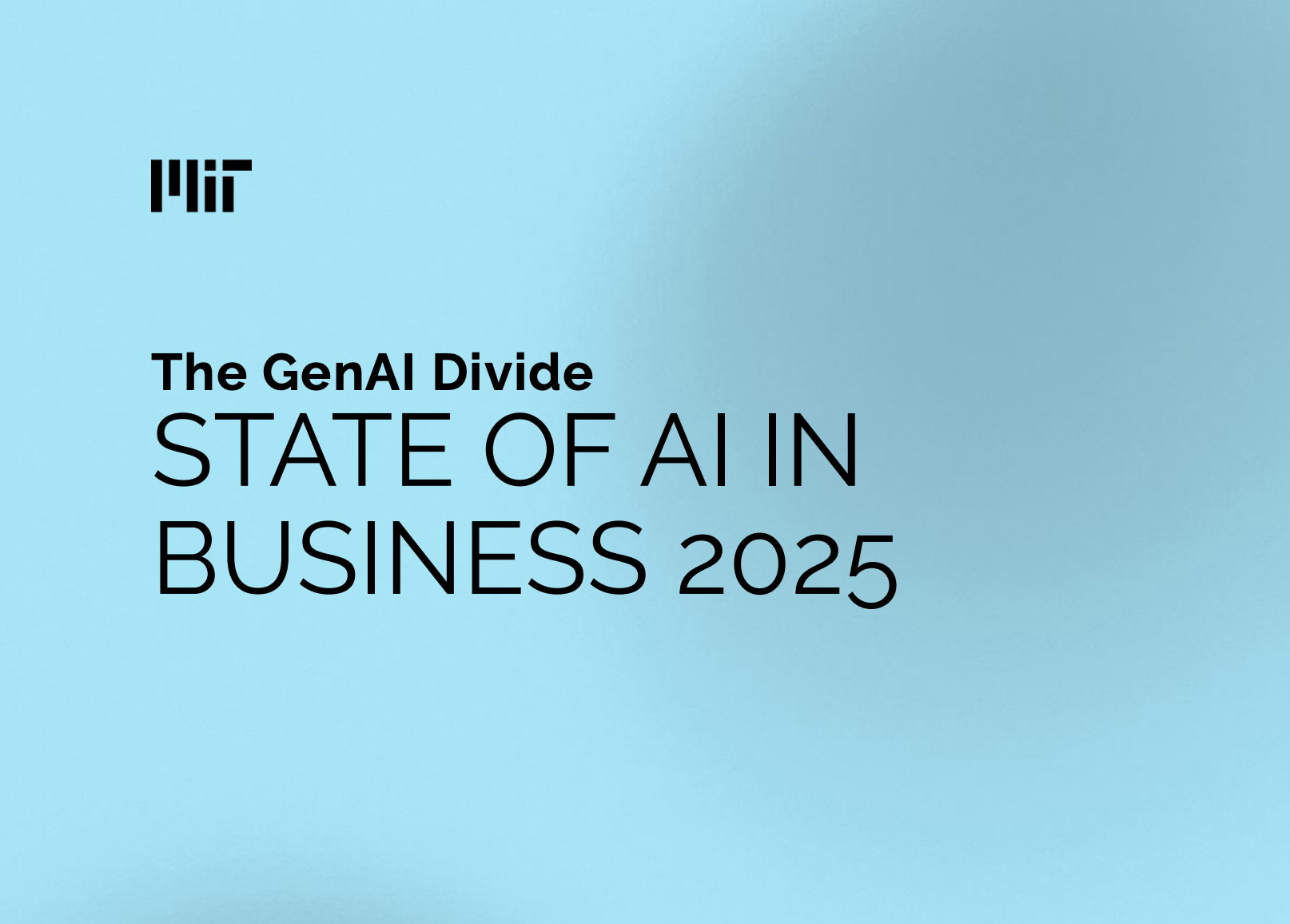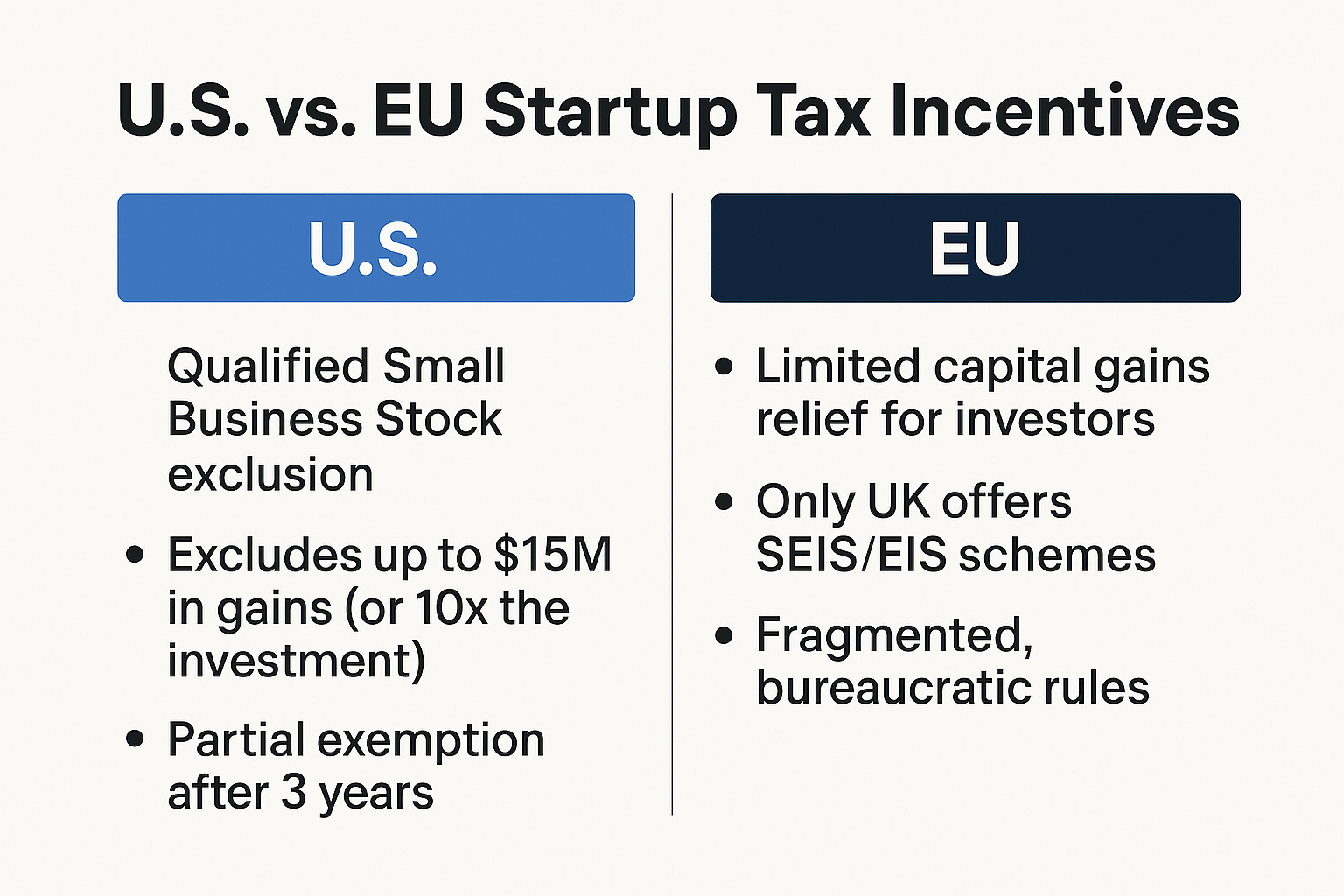The debate around artificial intelligence and copyright is heating up—and a recent court decision is making waves. So, what’s our take on it?
First of all: Intellectual property rights must be protected. That’s a given. Creative work deserves recognition and legal safeguards.
But here’s the nuance: if an AI model doesn’t copy content verbatim, but instead learns from it in a way similar to how a human would, is that really stealing?
It’s like reading a book—maybe even a great one, twice—and later expressing those ideas in your own words to colleagues or friends.
In fact, that’s essentially how the judge in the case phrased it: as long as the AI doesn’t reproduce content word-for-word, it doesn’t automatically constitute a copyright violation.
Of course, this won’t be the last case of its kind. But for developers of AI models, it’s a positive signal—one that suggests a path forward for training without legal paralysis.
Will all authors agree? Certainly not.
Publishers? Likely not either—at least not until they better understand the business opportunities that AI can unlock.
Bottom line: We need a thoughtful balance between protecting creative rights and enabling technological progress. That balance will come through understanding, innovation—and new models of collaboration.
































.jpg)






















































